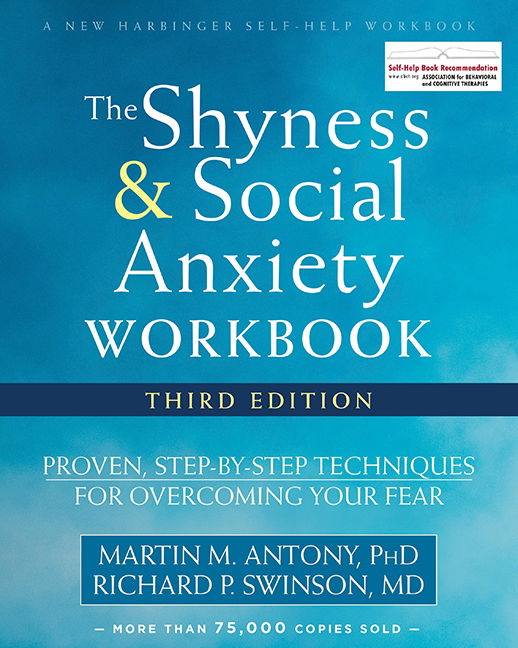By Martin M. Antony, PhD, and Heather Hood, PhD
Although exposure-based treatments can be highly effective for helping clients overcome problems with anxiety, you can enhance treatment outcomes by paying attention to the way that you conduct exposure therapy. Successful exposure therapy follows these guidelines:
- Exposure practices should be repeated frequently and spaced close together. Exposures should be practiced daily in the beginning then gradually spaced out as treatment progresses.
- Prolonged exposure appears to lead to better outcomes than exposures of a shorter duration. However, recent research suggests that a decrease in self-reported anxiety during the exposure is not necessary for long-term fear reduction. Rather, exposures should last long enough for clients to learn that the feared outcome is unlikely to occur or that they can cope with the situation.
- Exposures should be planned, predictable, and under the client’s control. To reduce the likelihood of escape or avoidance, plan exposure practices in advance so that the client knows what is going to happen, when it is going to happen, and how long to remain in the situation. Clients should never be forced or tricked into any exposure that they have not agreed to do. Also, the client must be in control of when the exposure ends.
Set your client up for success! The pace of exposure can be gradual, beginning with less anxiety-provoking situations to encourage compliance, increase the likelihood of success, and build confidence. However, exposures should also be challenging—clients should not move through the exposure steps too slowly. Ideally, therapists should encourage clients to take steps as quickly as they are willing to.
 Martin M. Antony, PhD, is professor of psychology at Ryerson University and author of 28 books, including When Perfect Isn’t Good Enough and The Shyness and Social Anxiety Workbook, Third Edition.
Martin M. Antony, PhD, is professor of psychology at Ryerson University and author of 28 books, including When Perfect Isn’t Good Enough and The Shyness and Social Anxiety Workbook, Third Edition.
Heather Hood, PhD completed her PhD in clinical psychology at Ryerson University in 2014. Currently, she is a psychologist in the Program for Traumatic Stress Recovery (PTSR) at the Homewood Health Centre in Guelph, ON

 Why Journaling Is Especially Helpful to Adult Children of Emotionally Immature Parents
Why Journaling Is Especially Helpful to Adult Children of Emotionally Immature Parents